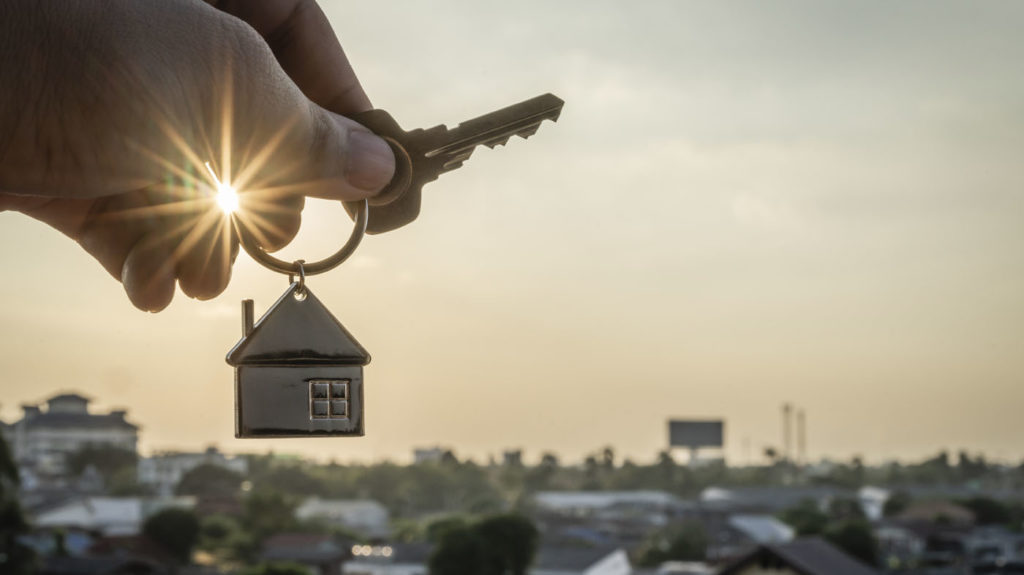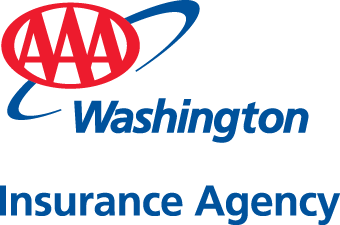Protect Yourself Against the Next Big Quake
Earthquake insurance is, admittedly, optional. Most U.S. homeowners decide not to get it. But residents in the Pacific Northwest should seriously consider an earthquake policy.
Communities located in fault zones (such as the western and coastal areas of Washington, Oregon and California) are at higher risk for a major earthquake. The last major one in Washington occurred on Feb. 28, 2001. The magnitude 6.8 Nisqually earthquake struck 11 miles north of Olympia and could be felt as far as central Oregon, damaging several buildings, roads and bridges.
Nobody can predict the timing or location of the next big one. Just as with home and auto coverage, you may pay insurance premiums for years and never make a claim. But what if a big earthquake does hit? Earthquake damage, like flooding and landslides, isn’t covered under standard home policies.

Protecting your assets
The main purpose of insurance — whether that be medical, auto or home policies — is to protect yourself against events that could ruin you financially. Insurance gives you access to large amounts of money when you need it most. And this is especially true of earthquake insurance.
An earthquake can destroy your home and its contents. If you don’t have separate earthquake coverage, you’ll likely have to pay entirely out of pocket to repair or replace your home. So, in this regard, earthquake insurance serves the same purpose as standard home and auto insurance in that the policy protects your savings and investments from an unexpected disaster.
Who should get earthquake insurance?
Any homeowner can obtain earthquake insurance; however, people who live in fault zones face the greatest risk of a devastating quake. According to the U.S. Geographic Survey, the western and coastal regions of Washington, Oregon and California are considered at high risk of a big quake. The Pacific Northwest, for example, faces a threat for a major earthquake from three separate fault zones.
Homeowners in higher risk areas, regardless of the house value or its mortgage, should consider an earthquake policy. This is true if you own the home outright or have a sizable mortgage. You will still owe the indebted amount if the home is destroyed by an earthquake. So, you could be faced with monthly mortgage payments while simultaneously paying for repairs or the replacement of your home. With few exceptions, your standard home policy won’t cover you.

What does earthquake coverage cover?
Earthquake policies are often triggered when the ground shake intensity reaches a certain level. The coveragecan range considerably and depends on the insurance company. You also have options to upgrade the insurance or add uncovered items. These can increase the cost considerably. A standard policy may provide some coverage for pools or walkways, whereas others will not. Because the coverage differs so much by insurer, you should discuss the options with an experienced insurance broker.
The basic plan normally insures the replacement cost of the home minus the deductible. Most standard policies have a relatively high deductible of 10% to 25% of the policy limit. If you have a 10% deductible on a $500,000 policy, for example, you’ll first pay $50,000 out of pocket and then qualify for up to $450,000 in insurance to have that home repaired or rebuilt. However, some insurance companies are offering deductibles as low as 2.5% to 5%. The lower the deductible the higher the cost of the insurance.
Some policies also include additional coverage that pays for building upgrades that might be needed to bring older homes up to code. If your basic plan doesn’t include this, you can sometimes include it for an additional cost by upgrading your plan.
Protecting a home’s contents
You can add extra coverage to insure personal property or provide temporary living expenses should you have to rent while the home is rebuilt. Most insurers offer upgraded plans that cover extra items.
Earthquake coverage might not, however, cover all the damage caused to your home. An earthquake policy, for example, won’t cover damage to your vehicles. Damage caused to your cars would normally be covered by comprehensive auto insurance.
Likewise, fires and flooding are usually not covered by earthquake insurance. A fire that results from an earthquake would typically be covered by your home policy. As for floods, a large offshore earthquake could potentially cause inland flooding. A homeowner would usually need separate flood insurance to cover any flood damage caused by that event. Most standard home policies won’t provide coverage for floods.

Cost of earthquake insurance
Homeowners in higher risk areas for an earthquake pay higher premiums. A standard policy covers the replacement costs of your home. So, the higher the value of your home, the more the policy will cost.
In Washington, a standard earthquake policy costs roughly a third to half as much as the home policy. For example, if your home policy costs $2,000 annually, you will likely pay roughly $600 to $1,000 annually extra to add earthquake coverage. Policies with lower deductibles and ones that insure personal items and provide displacement protection cost more.
Obtaining earthquake insurance
Earthquake coverage is widely available. Insurance companies will sometimes require that you fill out a questionnaire to determine the age of the home and whether it is properly retrofitted to minimize the risk of damage in an earthquake. This is usually only a requirement for people who own older homes. You might also be asked to send pictures or make some modifications to your home.
It is a good idea to purchase earthquake insurance through an experienced insurance agent who works with a network of insurance companies. Given that the coverage varies tremendously by company, some policies will be better suited for your needs. An agent can match you with a specific insurance provider that best suits your situation and budget.
– Written by Victor Whitman, last updated in December 2022.
– Top photo is from Andrii/AdobeStock.

